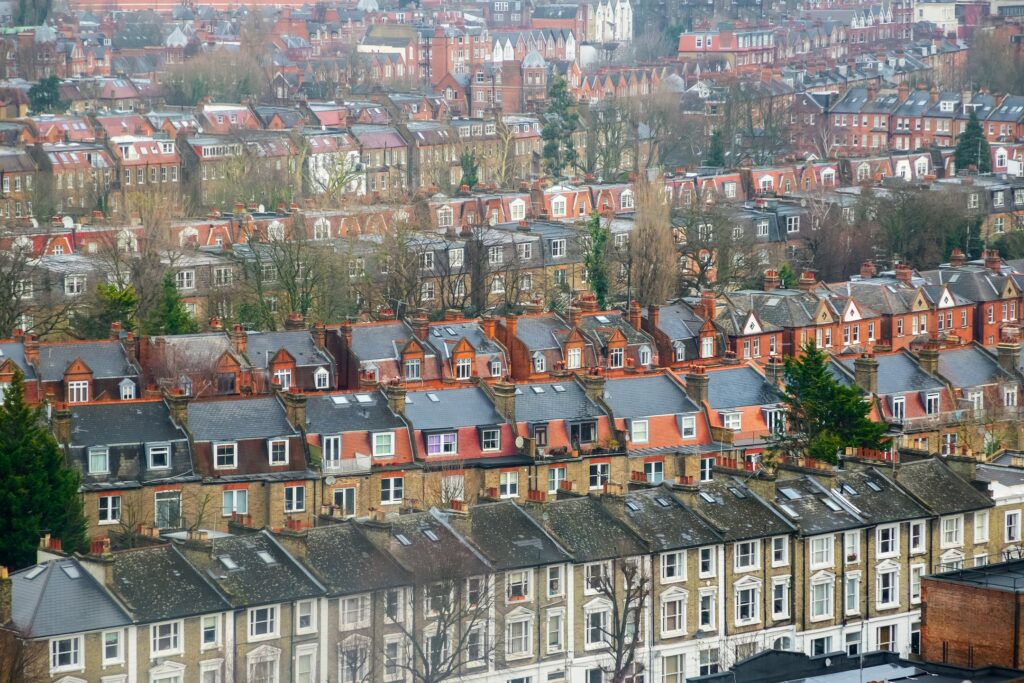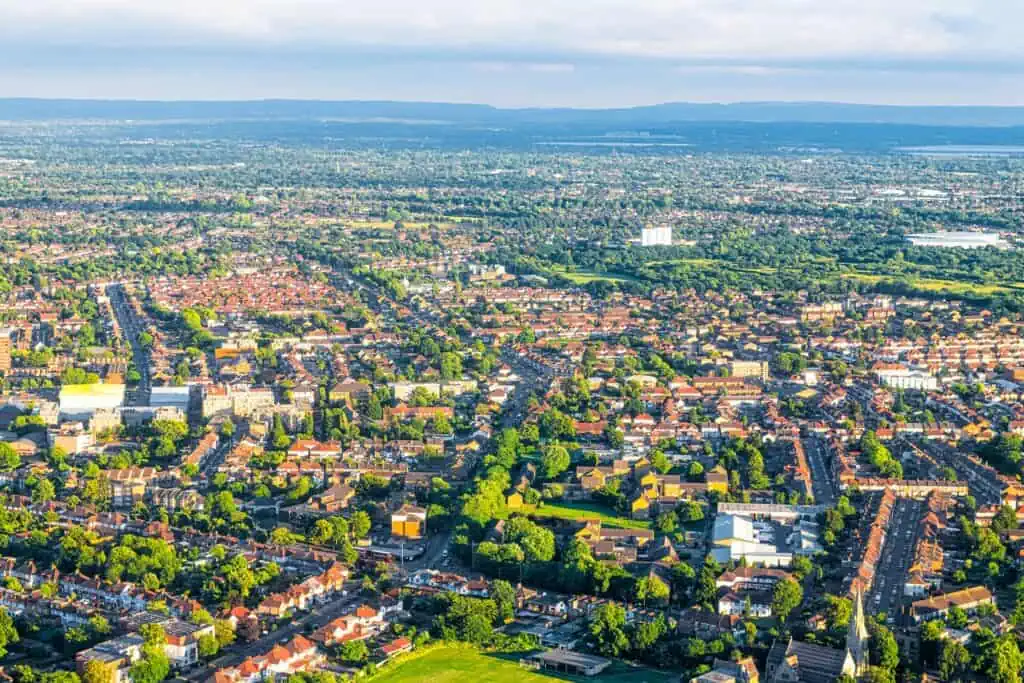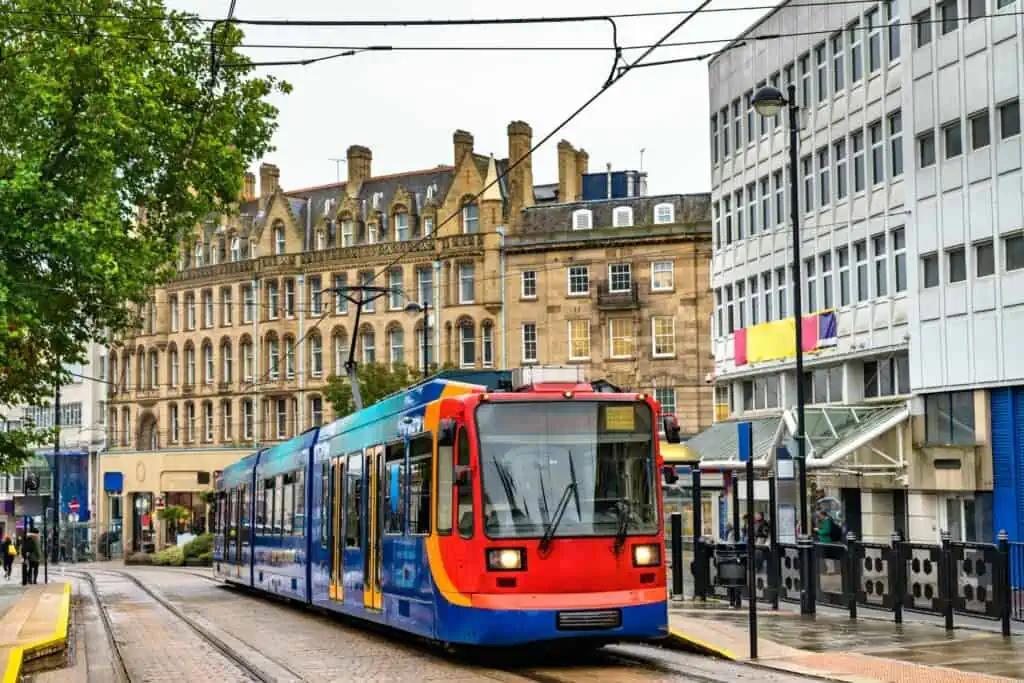Social housing eligibility criteria in the UK can vary depending on the specific housing association, local authority, or housing authority responsible for allocating social housing in a given area. However, there are some common eligibility factors that generally apply across the UK, which we will explore in this article.
Who Is Eligible for Social Housing in the UK?
Social housing eligibility criteria in the United Kingdom is determined by various factors, including the type of social housing and the specific housing authority responsible for allocating it. In the UK, social housing is typically provided by local authorities (councils) and housing associations.
Here are some common eligibility factors for social housing in the UK:
Income Limits: Most social housing providers in the UK have income restrictions. The household income needs to be below a certain threshold to be eligible for social housing. The income limits vary depending on the local authority or housing association.
Residency and Citizenship: Applicants usually need to be a legal resident of the UK to qualify for social housing. Some local authorities may have residency requirements, giving preference to individuals with a strong local connection.
Priority Categories: There are priority categories that may influence eligibility. These are explored in more detail below.
Housing Need: The urgency of the housing need can affect the eligibility. For instance, if someone is homeless or in temporary accommodation, they may have a higher priority.
Background Checks: Housing authorities often conduct background checks, including rental history and criminal records, as part of the eligibility assessment.
Assets and Savings: Some housing providers may assess financial assets and savings. Having significant assets or savings may affect eligibility.

What Is the Income Limit for Social Housing UK?
There is no fixed income limit for social housing in the UK that applies universally across the entire country. Instead, income limits can vary significantly depending on the specific housing association, local authority, or housing authority responsible for allocating social housing in a given area.
Each housing provider may set its own income thresholds, and these thresholds can also depend on the size of the household and the local housing market conditions. Generally, social housing providers aim to allocate housing to those with the greatest housing need, and income is just one of the factors they consider.
What Makes You a Priority for Social Housing?
Social housing providers allocate housing based on a priority system that takes into account various factors to determine housing need. The specific criteria and priority categories vary somewhat between different local authorities and housing associations, but generally, the following factors can make someone a priority for social housing:
Homelessness: People who are homeless or at risk of becoming homeless are often given the highest priority for social housing. This includes those who are currently living in temporary accommodation or facing eviction.
Medical and Disability Needs: Individuals and families with specific medical conditions or disabilities that make their current housing unsuitable or inadequate may be given priority. Medical documentation and assessments may be required to establish the need.
Overcrowding: Families living in overcrowded conditions, where there are not enough bedrooms for the household size, may be considered a priority for social housing.
Severe Housing Disrepair: If a person’s current housing is in severe disrepair, posing a risk to their health and safety, they may be given priority.
Domestic Violence: Victims of domestic violence who need to flee an abusive environment may be considered a priority for social housing to ensure their safety.
Local Connection: Some local authorities may have local connection requirements, giving priority to individuals and families who have lived or worked in the area for a specified period.
Families with Dependent Children: Families with dependent children, especially if they are living in inadequate or unsafe housing, may be considered a priority.
Armed Forces Personnel: Certain housing providers have specific policies to assist members of the armed forces, veterans, and their families.
Emergency Situations: In cases of emergencies, such as natural disasters or unforeseen events, local authorities may provide temporary social housing to affected individuals and families.
It’s important to note that social housing is in high demand, and waiting lists can be long. Meeting the criteria for a priority category does not guarantee immediate housing, but it does increase the chances of being placed in social housing more quickly.

What Is the Difference Between Social Housing and Council Housing?
The difference between Social Housing and Council Housing is a little tricky to understand as they are very similar. The main differences are who they are owned by, and how they are funded. But both offer affordable housing to those who need it most.
Council housing refers specifically to housing properties that are owned and managed by local government authorities or local councils. These properties are publicly owned and are typically provided at subsidised rents to individuals and families who meet the eligibility criteria set by the local council. Council housing is funded and managed directly by local councils. Rent revenues from council housing properties are used to maintain and manage the housing stock.
Social housing is a broader term that encompasses housing provided by various organisations, including local councils, housing associations, and sometimes private sector landlords. Housing associations are non-profit organisations that provide affordable and subsidised housing. Social housing provided by housing associations is typically funded through a combination of sources, including government grants, loans, and rental income. Housing associations are independent entities and often receive funding to build and maintain affordable housing.










